When to pick barberry and how to dry berries, fruit storage technology
The collection of barberry fruits begins when the sweet and sour berries turn red. In the middle lane, they ripen by the end of summer. Jams and marshmallows are made from the fruits of the bush, spices, marmalade and liqueur are prepared. The berries of the plant are rich in ascorbic acid and pectin, improve appetite, enhance immunity, and have an anti-inflammatory effect. But in order for the use of the fruits to give a positive result, you need to know when to pick them.
What can be used
Barberry berries are included in diets for weight loss, used to strengthen the immune system, pickled, added to fried or stewed vegetables. Masks are made from the fruits that smooth out folds on the skin, remove bruises under the eyes. Decoctions are prepared from leaves rich in ascorbic acid and carotene, which contribute to:
- stopping bleeding;
- elimination of nausea;
- excretion of bile.
The roots of the barberry are dried and put into tea, the mouth cavity is rinsed with infusion to relieve inflammation. The broth is used for stomach cramps. Natural paint is obtained from the branches and trunk of the barberry. Bush bark potions reduce blood pressure, stop internal bleeding.
When to collect different parts of the plant
So that leaves, wood and fruits do not lose their healing properties, they need to be harvested at a certain time, the collection is carried out at different times of the year.
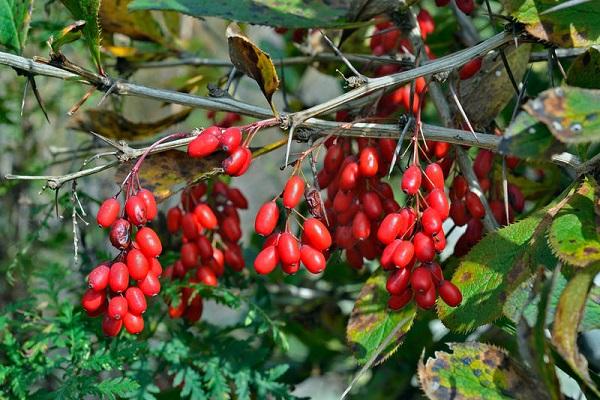
Berries
Unripe barberry is dangerous to humans, because it contains poison. In mid-latitudes, fruits begin to be harvested not earlier than the end of August. You can pick berries from the bush in late autumn after frost, but overripe barberry flows down with juice, quickly deteriorates.
Roots
In the underground part of the thorny bush, the most useful components accumulate by autumn. To prevent the plant from dying, it is necessary to carefully separate no more than 1/3 of the root processes with a shovel. They are not washed, but dried and stored in burlap or wrapped in newspapers. The next harvesting on this barberry can be carried out no earlier than in 5 years.
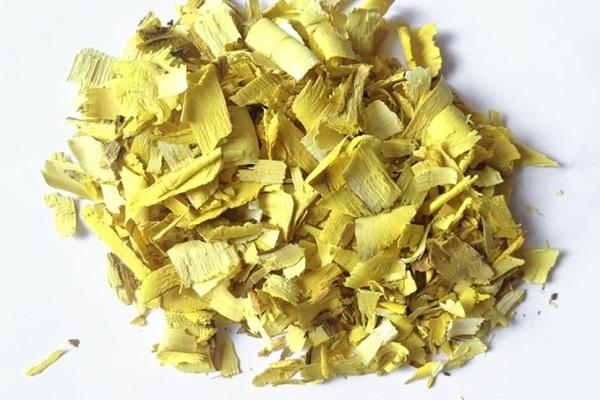
Bark
When the shrub begins to secrete juice, which is observed in the middle latitudes in the second month of spring, such medicinal raw materials as bark are harvested. It is removed from the shoots, laid out in a thin layer in the attic and turned over several times so that everything dries out.
Leaves
At the end of spring, the buds open on the barberry, and the shrub blooms. At this time, you need to cut off young twigs no more than 10 cm long with delicate green leaves and dry everything together, washing out of dirt.
For long-term storage, medicinal raw materials are laid out in a thin layer in the oven, first at 45, and then increasing the temperature to 60 degrees.
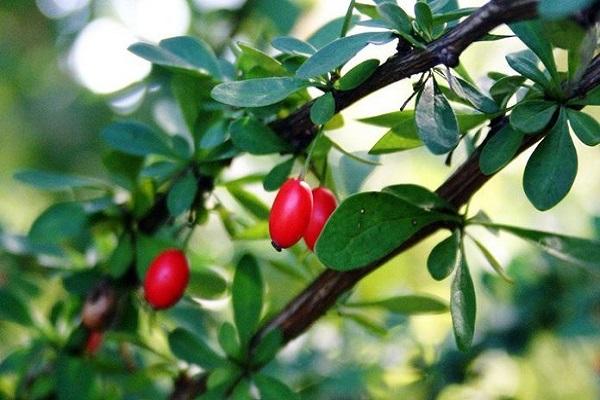
How the collection time depends on the variety and region of growth
A tree-like shrub with a spreading crown is found in the Caucasus, southern Europe, and in mid-latitudes. The plant takes root without problems even in Siberia. Barberry Amur is widespread in the Far East, its berries are harvested in November. The Dulcis variety pleases with delicious fruits that ripen in October.
In central Russia, common barberry is harvested after the first frost, when the bitterness disappears, and they come in September.
Collection rules and technology
The bush berries are harvested in the fall, but you must try to be in time before they are overripe. Soft fruits crumple and choke, and it is very difficult to process such barberry. The selected berries are washed under the tap, but do not stir by hand, otherwise it is easy to damage the skin. Fresh fruits are stored until winter if sprinkled with sugar.
You can not collect barberries near highways and railways. The fruits are cut along with thin twigs or plucked from the bush.
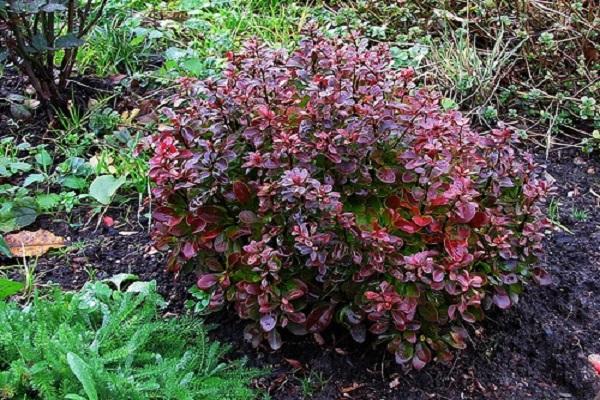
How to dry barberry at home
Ripe berries of a thorny plant are washed, crumpled and rotten ones are removed, and the water is allowed to drain. After that, they need to be spread out in a thin layer on a baking sheet, which is sent to the oven, where the temperature is set to at least 40, then another 20 degrees is added.
Dried barberry fruits stop sticking together and are easily separated from each other.
Dry twigs with leaves
In late May or early July, after rain, young shoots of a shrub up to 10 cm long are harvested together with leaves. At home, medicinal raw materials are laid out in a thin layer under a canopy so that the direct rays of the sun do not fall. The barberry leaves also dry in a ventilated area.
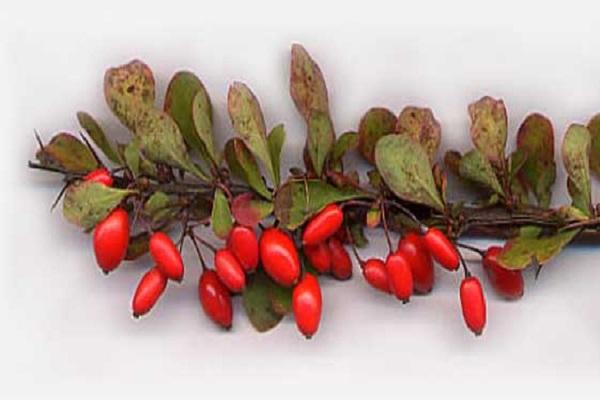
We prepare the roots
The underground part of the shrub, which is dug up in the fall, is freed from the earth and rotten shoots and crushed into pieces up to 15 cm long. The root cuttings are split and placed in a dryer heated to 50 degrees.
Fruits and seeds
The oval berries of the thorny bush are very small, their length does not exceed 12 mm. Barberry seeds, like all parts of the plant, have healing properties. Harvest the fruits without pulling out the seeds.
Storage duration
Dried leaves and roots do not deteriorate, do not lose useful components and can be used for up to three years. The berries, grated with sugar, should be consumed within 6-12 months. Jam or fruit preserves are kept for the same time.
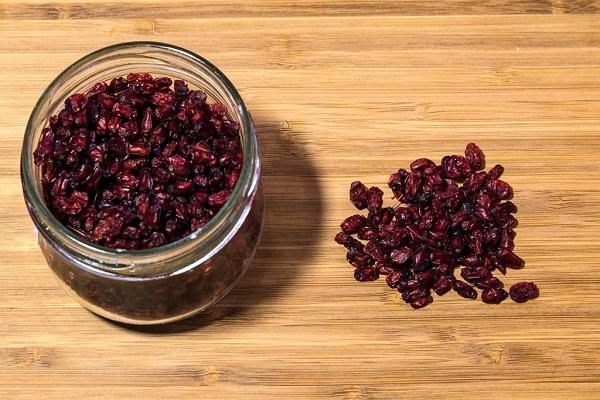
Where and how to use the blanks correctly
Tincture of berries is used to treat gout and scurvy, relieve stomach colic, eliminate constipation, inflammation of the eyes, and is also used as an antiseptic.
Decoctions and infusions are prepared from the root, which help:
- Stop the bleeding.
- Improve the work of the gallbladder.
- Improve metabolism.
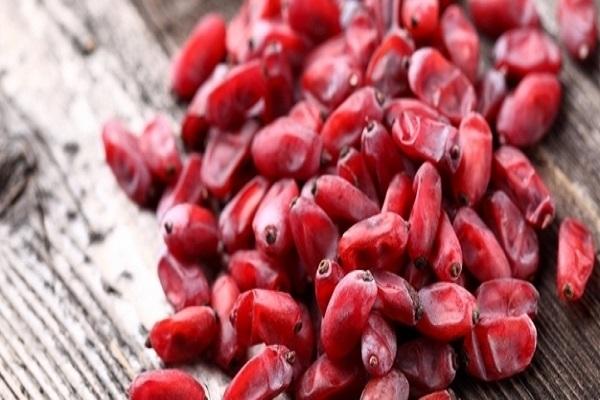
The flowers are poured with boiling water and drunk as tea for colds. A decoction is prepared from the dry leaves of a bush, which is used to narrow the dilated vessels, accelerate blood circulation.
From barberry, drugs are produced that reduce blood pressure, normalize the heartbeat. Berry tablets are prescribed for hepatitis, to remove stones from the gallbladder. Dried fruits are used as a seasoning, added to various dishes.
The bark of the bush is crushed, placed in hot water, the infusion is taken in 50 ml for pain in the stomach, cystitis, kidney dysfunction.
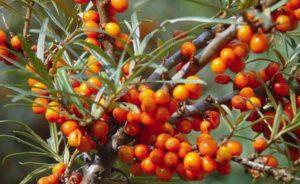
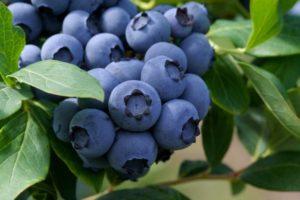
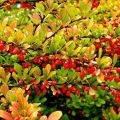
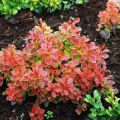
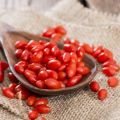
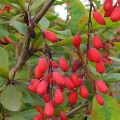
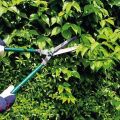
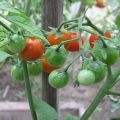
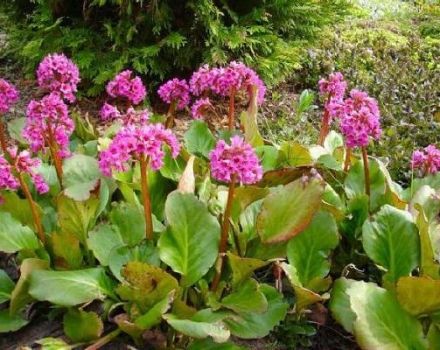
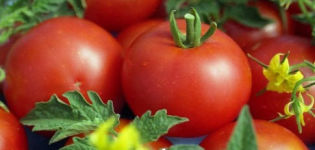
I grew a barberry. it's time to collect the fruits and do something from them. I read the article and go nuts. it turns out this berry is a complete kapets for me. given the properties to lower pressure. apply for weight loss and eliminate constipation ... this miracle fruit is absolutely contraindicated to me.